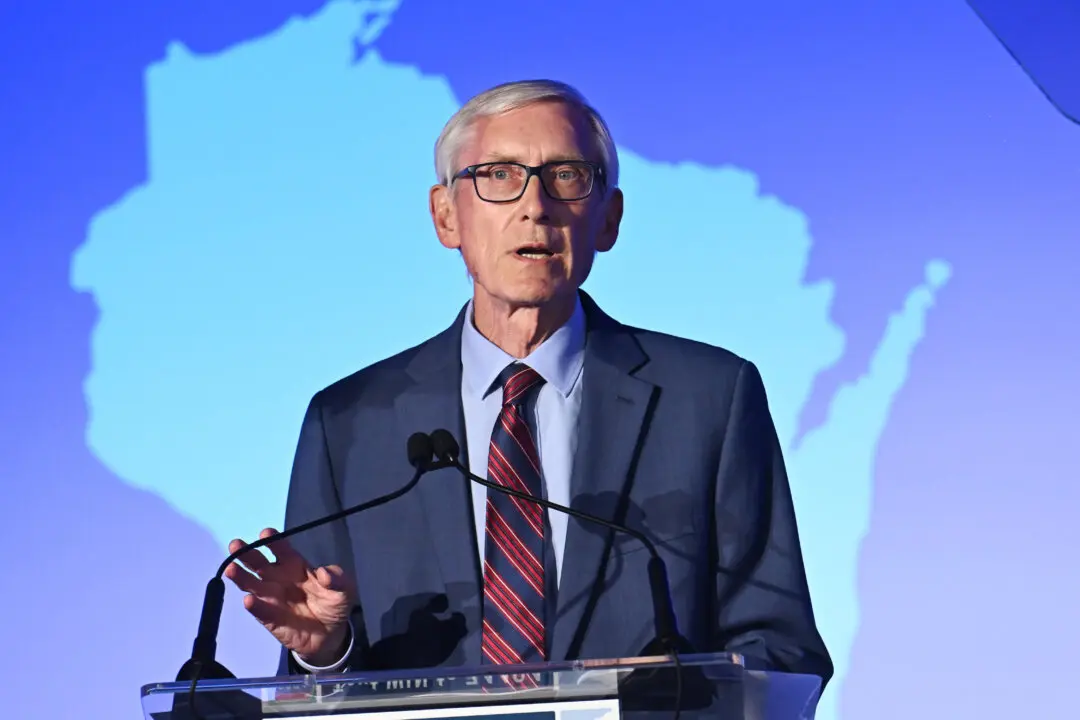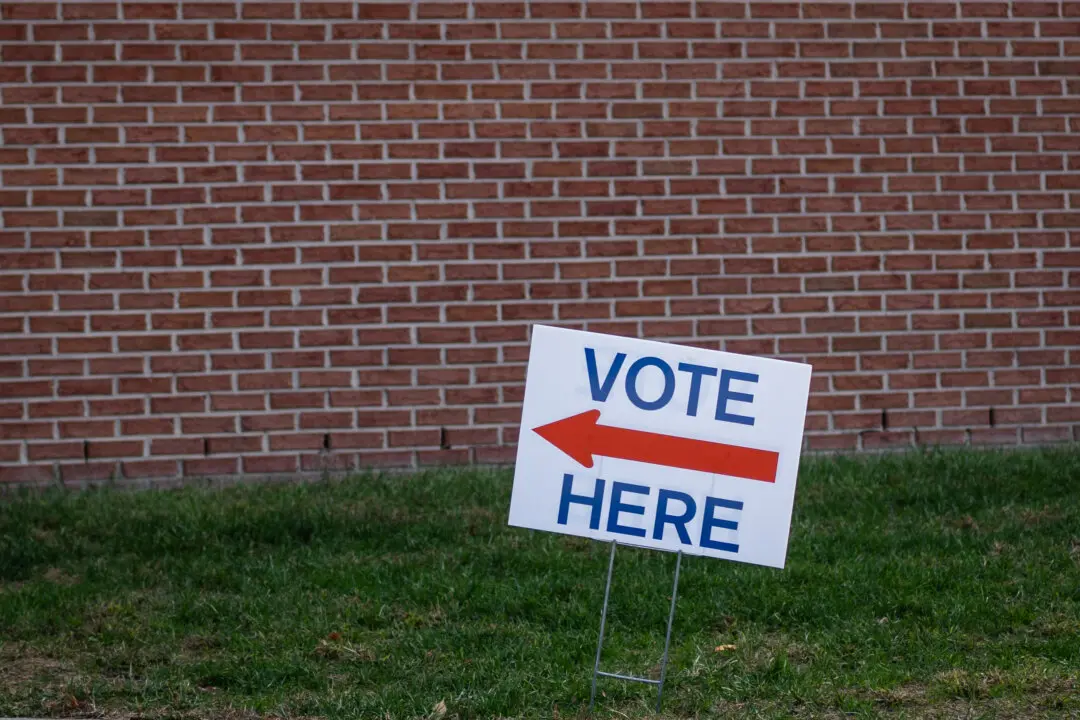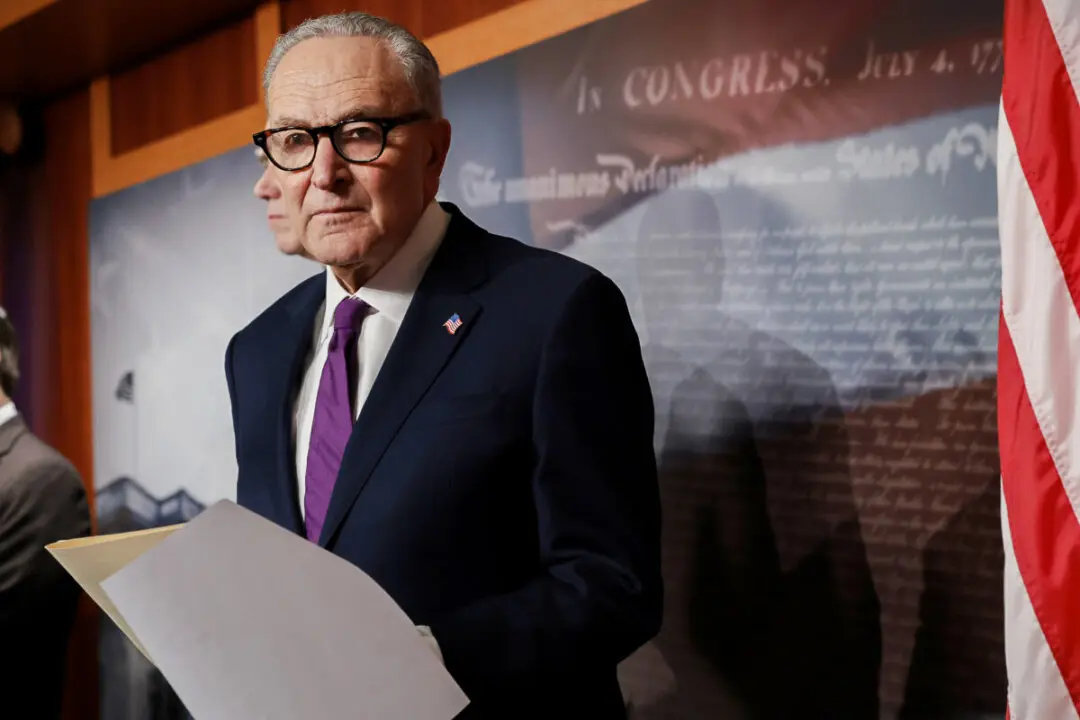The modern music industry is witnessing a transformative phase, with Artificial Intelligence (AI) playing a starring role in its evolution. From aiding artists in composing tracks to potentially replacing them, AI’s influence is noteworthy, eliciting varied opinions from experts and musicians alike.
AI has come to the forefront in recent years, with more advanced AI being introduced to the public, such as the highly popular chatbot Chat GPT, a product of technology company Open AI.





